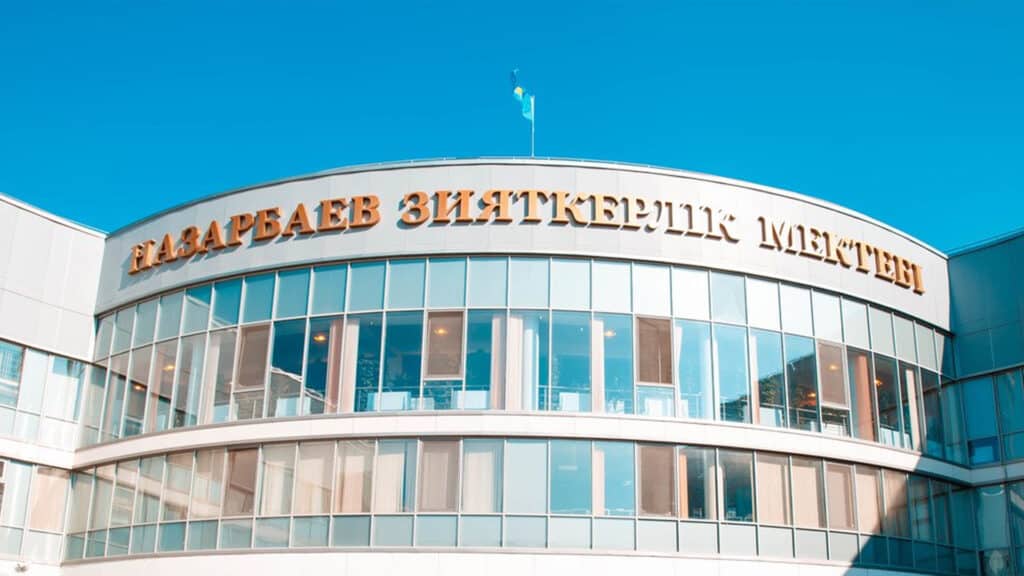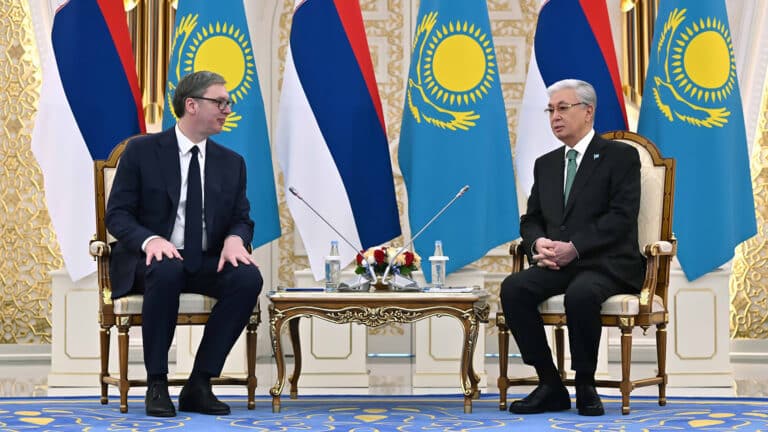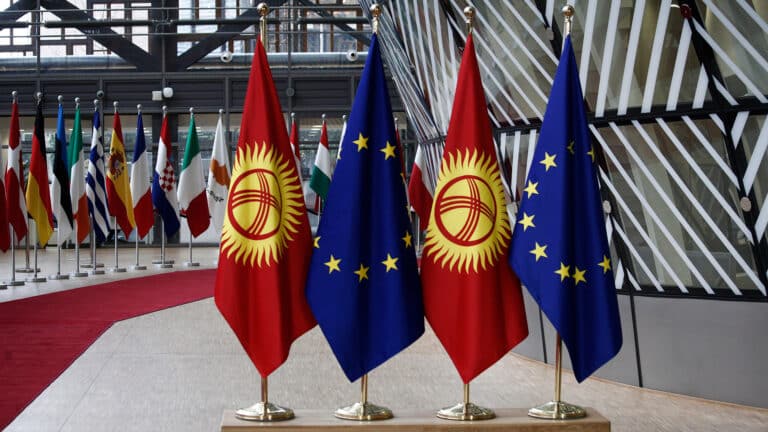
Foreign teachers at Nazarbayev Intellectual Schools (NIS) — a well-known network promoting an international-oriented curriculum for children — receive salaries that are 4.5 times higher than those of their local colleagues, according to the Supreme Audit Chamber (SAC) of Kazakhstan.
«In 2023, the average salary of domestic teachers was 508,100 tenge (approx. $934), while foreign teachers earned 2,281,500 tenge (approx. $4,195),» the SAC reported in its review of the government’s execution of the 2024 state budget.
The audit also noted that NIS covers a broad range of additional expenses for foreign teachers, including accommodation and air travel.
Although it remains unclear whether foreign teachers have directly contributed to improved education outcomes, NIS has hired 643 international teachers over the past five years, spending more than $31.2 million on their salaries.
Concerns over hiring practices
The SAC also found that 254 teachers were hired without any competitive selection process, resulting in 20.4% of hires not meeting qualification requirements.
In addition, the school was found to be lax in its approach to fee-paying student admissions, treating the entrance competition as a mere formality.
«As a result, students admitted on a fee-paying basis often demonstrate significantly lower academic performance compared to those receiving grants, which negatively impacts the overall quality of education,» the SAC stated.
Financial support issues
Despite the government allocating 162 million tenge (approx. $298,000) from the state budget to ease the financial burden on parents, tuition fees at NIS have not been reduced.
As part of its broader goal to cultivate a highly skilled workforce, the Kazakh government plans to introduce interest-free student loans to expand access to higher education across the country.













